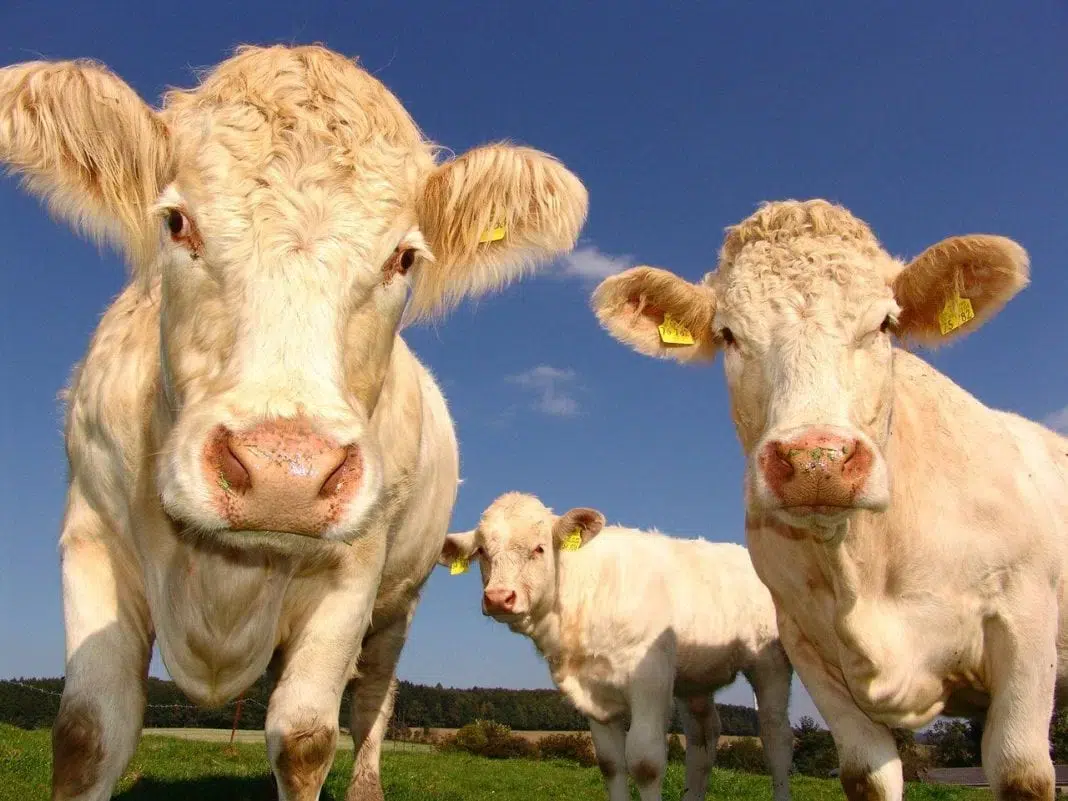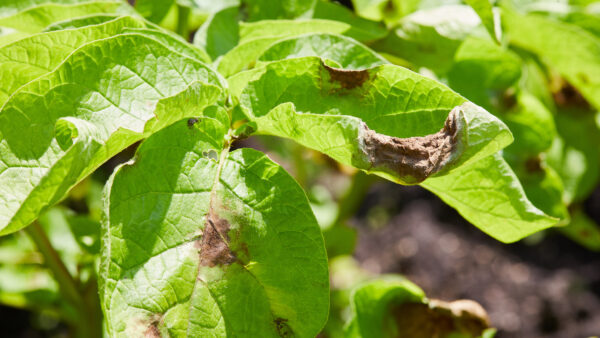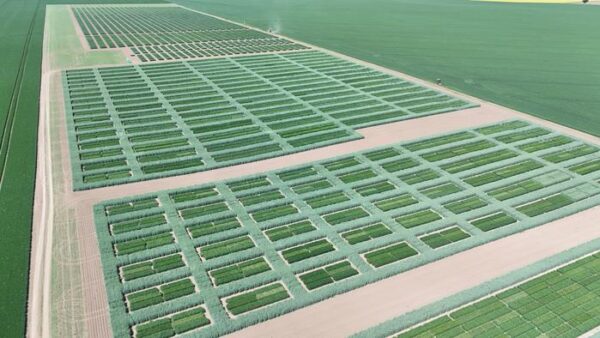The ag sector is applauding the Canadian Food Inspection Agency for issuing its guidance today which confirms that gene edited plants are safe for use in livestock feed.
“The plant science industry has long been awaiting this updated guidance as some other countries around the world completed their updates as early as 2015. These updates are critical to providing a clear path for much-needed investment in new made-in-Canada crop varieties through methods like gene editing, to ensure farmers have the tools they need to improve their productivity while reducing their impact on the environment,” CropLife Canada said in a news release.
“The Government of Canada must now continue to advocate internationally for regulatory alignment with trading partners. As a scientific policy leader and an export dependent nation, Canada must relentlessly pursue measures that support market access for Canadian-grown crops, which will be increasingly needed to combat the rise of global food insecurity.”
Today, the CFIA released an appendix to its “Guidelines for the assessment of novel feeds: Plant sources” document on its website. The appendix, titled “Guidance on how to determine when a plant-derived ingredient requires a feed pre-market evaluation”, clarifies what plant-derived feed ingredients require a pre-market evaluation, as per the Feeds Act and Feeds Regulations, including how to make a novelty determination of ingredients derived through plant breeding techniques destined for use in livestock feeds.
“The CFIA’s opinion of the scientific literature is that gene editing technologies do not pose unique risks of harm to human or animal health or the environment compared to other plant breeding technologies. As a result, feed ingredients derived from gene-edited plants are regulated like all other products of plant breeding under the Feeds Act and Feeds Regulations, with regulation based on the traits or characteristics of the product, regardless of its development method,” the guidance states.
Groups like Cereals Canada applauded the new guidance.
“Cereals Canada views the final piece of updated Canadian policy clarifying the regulatory pathway for gene edited plants, as a positive advancement in plant breeding innovation,” said Krista Zuzak, director, crop protection and production at Cereals Canada. “The finalized CFIA guidance on livestock feed will support research and development of new varieties that use gene editing to enhance traits such as drought, pest and disease resistance, and input use efficiency among others.”
Chris Davison, president of the Canola Council of Canada, said with today’s guidance now published, Canada is also better equipped to encourage investment in support of development of gene-edited crops. New varieties will help make Canada’s canola crop more resilient in the face of pest pressures and climate volatility, support higher yields on each acre of farmland and enhance resource use efficiency, he said.
“Plant breeding innovation is central to the industry’s innovation strategy and a longstanding priority for the Canola Council. With this regulatory pathway established, we look forward to our next phase of work with the entire canola value chain to drive innovation, investment and economic growth for the industry.”
To read the updated guidance visit https://inspection.canada.ca/animal-health/livestock-feeds/regulatory-guidance/rg-1/chapter-2/eng/1329298059609/1329298179464?chap=6#s29c6











